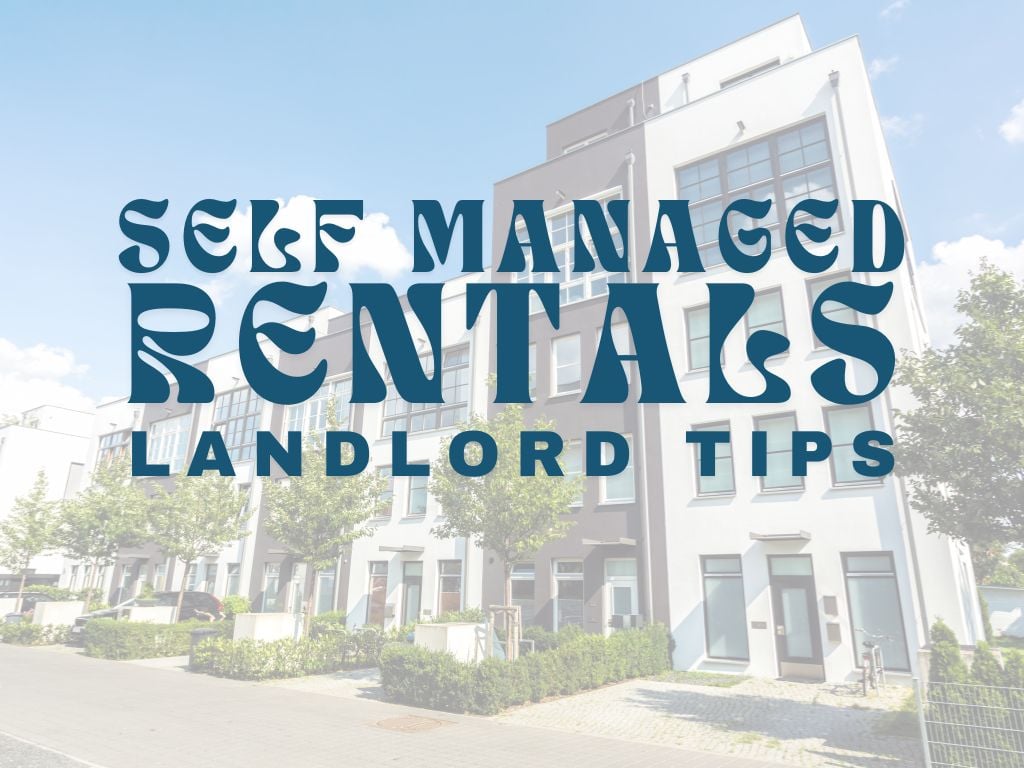Guide for Landlords: How to Rent Out Your Property Successfully in Rhode Island
Renting out your property in Rhode Island requires a thorough understanding of the process and the legal landscape–which regularly changes.
Here’s an overview of considerations for Rhode Island landlords, detailing the steps to take and the current laws to follow to ensure a smooth and profitable rental experience. Again, I’m providing this as helpful information but I can’t stress enough the need for a Landlord to do their own diligence if they’re choosing to self-manage a property.
1. Prepare Your Property
Ensure Your Property is in Good Condition:
- Make necessary repairs, ensure all appliances are in working order, and address any safety concerns. A well-maintained property attracts quality tenants and justifies higher rent.
- Enhance curb appeal by maintaining the lawn, painting the exterior, and ensuring the entrance is inviting.
2. Understand the Market
Research Rental Rates:
- Analyze similar properties in your area to determine a competitive yet profitable rental rate.
- Use tools like Homebot and Fello for automated home valuation reports.
Know the Laws:
- Familiarize yourself with Rhode Island landlord-tenant laws to avoid legal issues.
- Ensure you maintain your Lead Conformance Certificate as required for Landlords
3. Marketing Your Property
Create an Attractive Listing:
- Highlight the unique features of your property with high-quality photos and detailed descriptions.
- Emphasize amenities, location benefits, and recent upgrades.
Utilize Multiple Platforms:
- Advertise on real estate websites, social media, and local classifieds to reach a broad audience.
4. Screen Potential Tenants
Conduct Thorough Background Checks:
- Screen tenants to ensure they are reliable and responsible. This includes background checks, credit checks, and verification of employment and rental history.
- Follow HUD guidelines for criminal background checks to avoid discrimination issues.
Interview Prospective Tenants:
- Interview potential tenants to gauge their suitability and ensure they understand and agree to the lease terms.
5. Draft a Solid Lease Agreement
Include Essential Clauses:
- Cover all important aspects, including rent amount, due dates, security deposit details, maintenance responsibilities, and lease duration.
- Be clear about rules regarding pets, smoking, and other regulations.
Consult a Legal Expert or Real Estate Agent:
- Hire a legal expert or Real Estate Agent to review your lease agreement to ensure it complies with local laws and adequately protects your interests.
6. Notes On Rhode Island Tenant Laws
Security Deposit Limits:
- Landlords can charge a security deposit up to one month’s rent. They cannot charge first and last month’s rent along with a security deposit; only the first month’s rent and the security deposit are allowed at the time of signing the lease.
Timely Return of Security Deposit:
- Landlords must return the security deposit within 20 days after the tenant vacates the property and provides a forwarding address. Failure to comply can result in the tenant recovering double the amount wrongfully withheld plus attorney fees.
Notice for Entry and Repairs:
- Landlords must provide a two-day notice before entering the property and make necessary repairs within a reasonable time after being notified by the tenant. Failure to make timely repairs allows tenants to either deduct the repair cost from the rent or file a complaint.
Lead Hazard Mitigation:
- For properties built before 1978, landlords must comply with the Lead Hazard Mitigation Law to prevent lead poisoning. This includes specific requirements for maintenance and disclosure.
7. Maintain Open Communication
Establish Clear Communication Channels:
- Set expectations for communication with your tenants. Provide them with your contact information and preferred methods for reporting issues or inquiries.
Be Responsive:
- Timely responses to tenant concerns foster a positive landlord-tenant relationship and encourage tenants to care for your property.
8. Plan for Property Management
Self-Manage or Hire a Property Manager:
- Decide whether you will manage the property yourself or hire a property management company. While self-management can save money, a professional property manager can handle everything from tenant screening to maintenance, making the process more convenient.
Regular Inspections:
- Conduct regular property inspections to ensure it is being maintained properly. Schedule these inspections in the lease agreement to avoid misunderstandings with tenants.
9. Financial Management
Keep Detailed Records:
- Maintain detailed records of all financial transactions related to your rental property, including rent payments, maintenance costs, and other expenses. Proper documentation is crucial for tax purposes and financial planning.
Budget for Maintenance:
- Set aside a portion of your rental income for property maintenance and unexpected repairs. Regular maintenance keeps your property in good condition and helps retain tenants.
Conclusion
Renting out your property in Rhode Island can be a rewarding experience if approached with the right knowledge and preparation. By following these steps, you can attract quality tenants, ensure a smooth rental process, and protect your investment. Remember, having a trusted real estate advisor can provide valuable assistance and peace of mind throughout the process. For personalized advice and assistance, feel free to contact me. As a real estate expert with years of experience, I’m here to help you navigate the complexities of renting out your property with ease and confidence.



